Sustainability
What is sustainability?
November 17, 2021
By Benjamin Bell
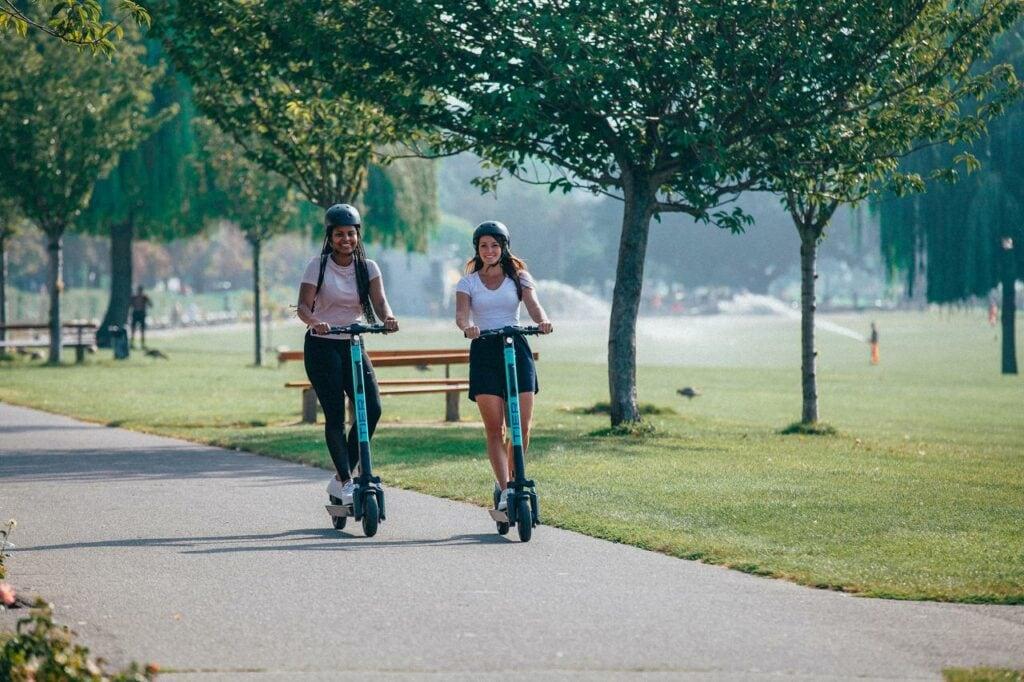
Head of Public Policy for Northern Europe, Benjamin Bell, on the role of sustainability for TIER in its mission to change mobility for good. He explains there are many dimensions to getting it right. Business needs to nurture financial and social sustainability as well as environmental.
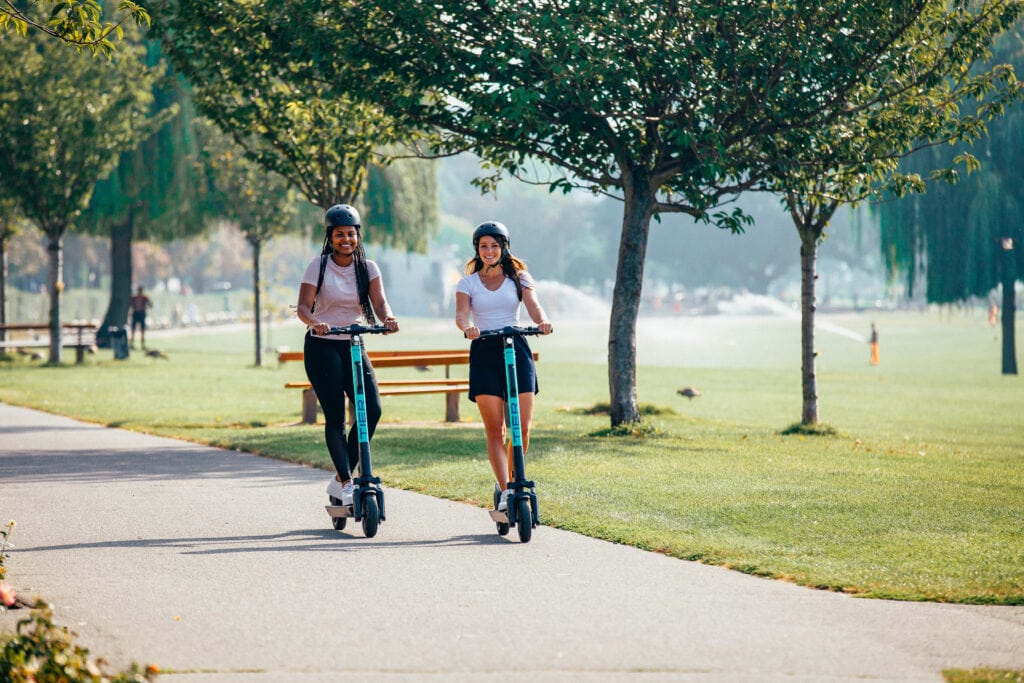
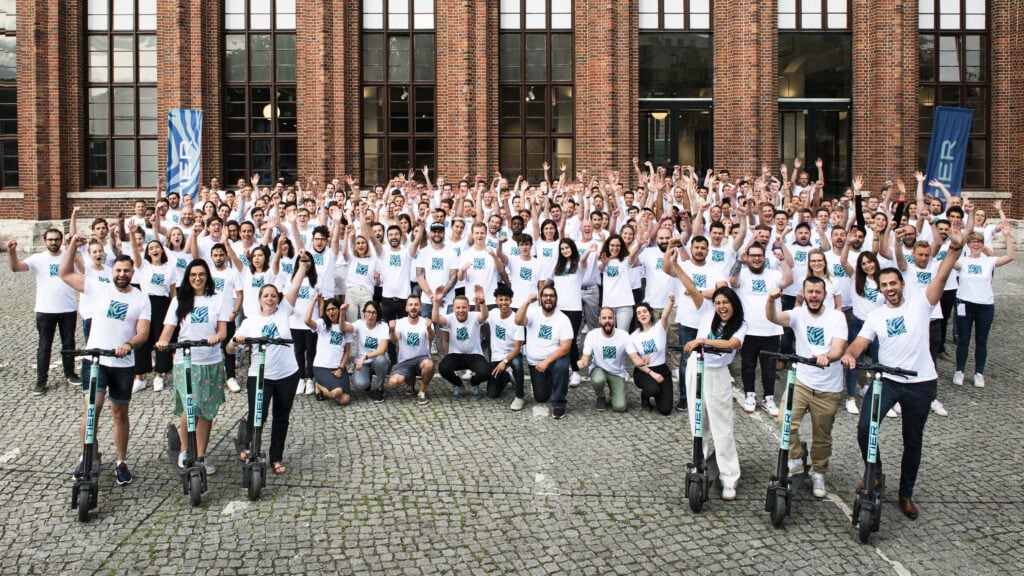
Buzzwords come and go.
Sustainability is showing stamina - and rightly so. Though it’s a broad term that is used narrowly.
The common association is with going green and tackling climate change. Businesses are understandably keen to embrace that link and showcase the part they are playing. It’s fundamental not only to our future but those of the generations to come.
Yet sustainability means more than offsetting emissions, switching to electric, going paperless, and so on. For TIER it’s not just the environmental dimension, but the social and financial too. Let’s start where the word takes people first.
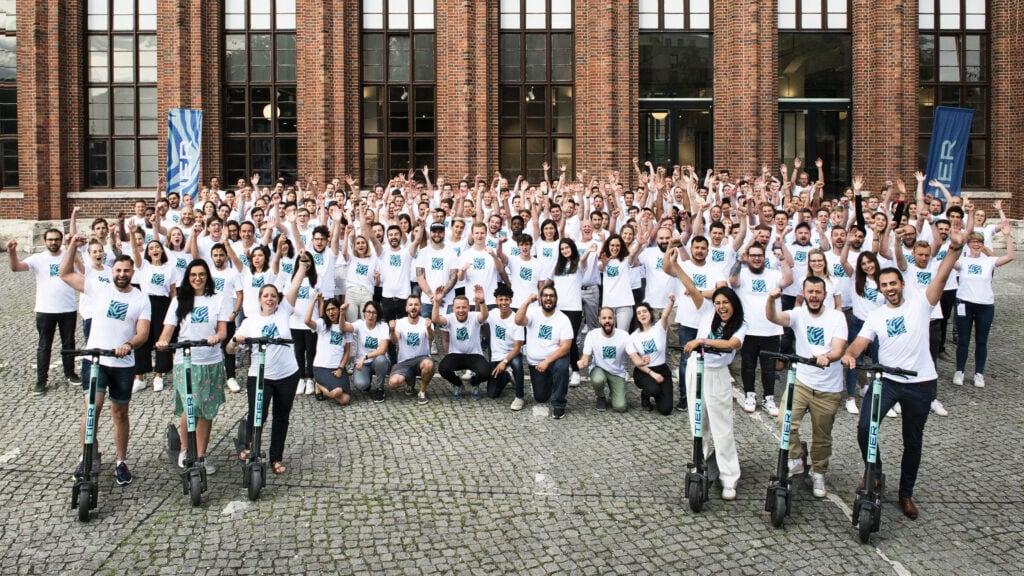
Environmental sustainability
The expectation on business to be climate-conscious has become so ingrained that it is now more a hygiene factor than a differentiator. That is a good thing. Not only in driving up standards but incentivising companies to continue raising the bar if they want to get noticed.
TIER was the first micro-mobility operator to go climate-neutral. This unique status was never going to last long in our hyper-competitive space. Increasingly, climate-neutrality is met with ‘so what?’ instead of ‘so good’. This should be welcomed. Spread the health, if you will. Other examples of TIER as innovator versus imitator exist, though it should take longer to replicate our rider-swappable batteries and energy network. Already TIER’s approach to green enterprise saw us reduce the CO2 impact of our operations by over 90%, while our vehicles - on reaching the end of their sharing life - are recycled, reused for spare parts or refurbished and sold. No scooter is scrapped, and never will be.
Micro-mobility is leading the resistance to a car-based recovery threatened by the pandemic. With that backdrop, our CEO has inspired the team with an authentic zeal for a greener planet. Lawrence's pledge to forfeit his entire stake in TIER to sustainable causes from which he will not personally benefit was a humbling moment that fixed our eyes on the destination: to get people out of private cars and riding in air that is fresher than when we started.
Social sustainability
There was a time when a company’s licence to operate depended on doing the right thing within its sphere of service. That is now to fall short. Our ecosystems demand more. These days the world issues a social licence to operate, without which business is difficult if not impossible. It has to be earnt, it has to be nurtured and it can be taken away at any moment.
In our case, partnering with a city should mean just that. Supporting the host authority’s wider goals and bringing social value that goes beyond the delivery of an outstanding, responsible service. Hiring locally and treating employees well - whether based in the (home) office or on the street - with protections and benefits for all. Identifying the charities and movements where the need is most acute and our ability to help most effective. Keeping vulnerable citizens safe and bringing sceptical stakeholders with us on the journey. Investing in accessibility with action not lip service. Respecting the sanctity of a public realm that never asked for clutter or litter. In bespoke ways, TIER prioritises these activities in every city we serve. Yet we never forget that a social licence to operate is built over years and lost in minutes.
Financial sustainability
The brief history of micro-mobility is peppered with unviable business models and premature city exits. Neither shortfall gives reassurance to the next city exploring a scooter-shaped answer to air pollution, congestion and the capacity strain on public transport. By contrast, the $250m vote of confidence in TIER doesn’t just accelerate our ability to change mobility for good. No less important for city partners, it says TIER is a stayer. Truly for the first and last mile.
At the same time, reaching profitability before our second birthday is more than a comment on TIER as an individual business. It serves to validate the premise - and the promise - of micro-mobility more broadly. Though it was a feat to get there. Our hyper-efficient operations, rigorous cost control, disciplined growth and a product that people and places buy has combined to make this possible. Above all, it is a consequence of convening a grown-up management team and instilling a culture of success through sustainability.
Recent innovation has allowed us to take the concept further - looking beyond our own status as financially sustainable and helping cities get there too. Like the annual £7m that could accrue to London stores and cafes hosting our charging PowerBoxes - as the commentary notes: ‘good news for Londoners in the long-term’. This lucrative estimation is grounded in a reality that is unfolding in Tampere, Finland, where the local economy is benefiting from the positive externalities of our pilot, so creating a virtuous effect of TIER’s success being a city’s success.
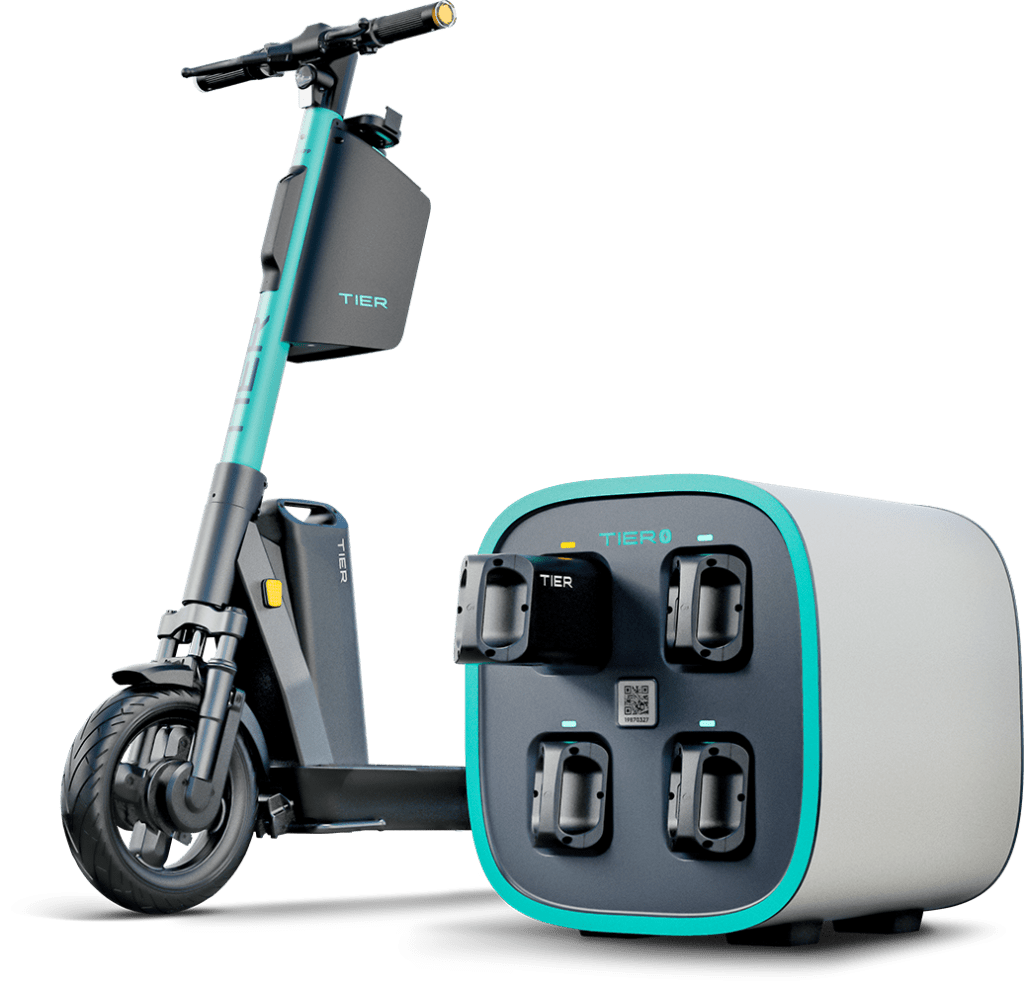
Having worked at thriving platforms which have committed to everything from going fully electric to saving good food from the bin, it wasn’t until TIER that I experienced sustainability in this broader, tripartite sense so hard-wired into company DNA. A recognition that environmental, social and financial sustainability are, collectively, pillars fundamental to long-term fitness - that of our own and those we serve. The prize is a planet that lasts. A society that lasts. A business that lasts. We can only prosper by sustaining them all.